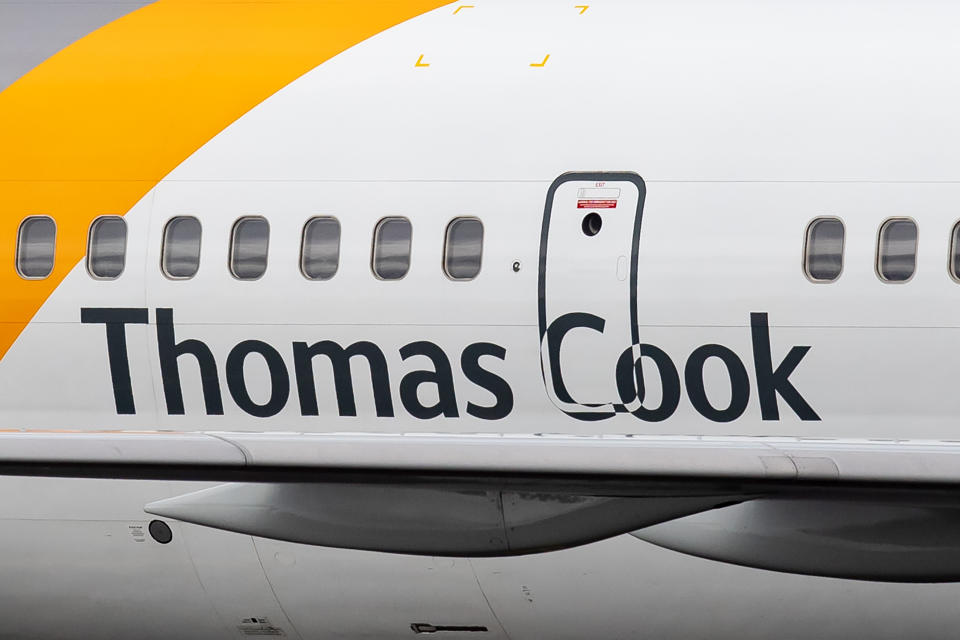Watchdog expands scope of probe into Thomas Cook auditor EY

The auditing watchdog has expanded the scope of its investigation into EY over its work on collapsed travel operator Thomas Cook.
The Financial Reporting Council (FRC) said on Thursday that it would now investigate the firm’s audit of the Thomas Cook’s 2017 accounts.
This comes on top of its previously announced investigation of the audit of Thomas Cook’s most recent set of results, which cover the 12 months to the end of September 2018.
If the FRC finds against EY, the company could face millions in fines. The watchdog can fine firms up to £10m and ban individuals involved in flawed audits from the industry. The FRC hit auditors with £43m in fines in 2018.
READ MORE: UK government apologises for Thomas Cook refund delays
The FRC has given no further details on the scope of its investigations, but Thomas Cook reportedly used an excessive number of “exceptional items” in its accounts to massage its profit numbers, helping executives reap bigger bonuses and disguising the true health of the business.
Separately, the UK parliament’s Business, Energy, and Industrial Strategy (BEIS) select committee in September launched a probe into the collapse of Thomas Cook. Part of their investigation will look at whether auditors could have done more to warn of possible risks.
EY has said that it is “fully cooperating” with the FRC’s enquiries.
BEIS chair Rachel Reeves, the chair of the BEIS select committee said last week that the collapse of Thomas Cook “shone a light once again on the use of aggressive accounting methods to aid bumper payouts to company executives”.
It also demonstrated, she said, the “apparent inability of auditors and regulators to curb these practices in the wider interests of shareholders, investors, and the public.”
Thomas Cook collapsed in September, primarily because of a mounting £1.7bn debt pile and a weak bookings market.
The travel operator had been struggling for years, but much of the anger following the collapse has focused on the £20m in pay and bonuses paid out to executives in the years prior to the collapse.
The firm collapsed into administration in September, leaving 150,000 holidaymakers stranded and putting 9,000 jobs in the UK at risk.
READ MORE: UK needs 'urgent' law to stop next Thomas Cook or Carillion collapse

 Yahoo Finance
Yahoo Finance 
